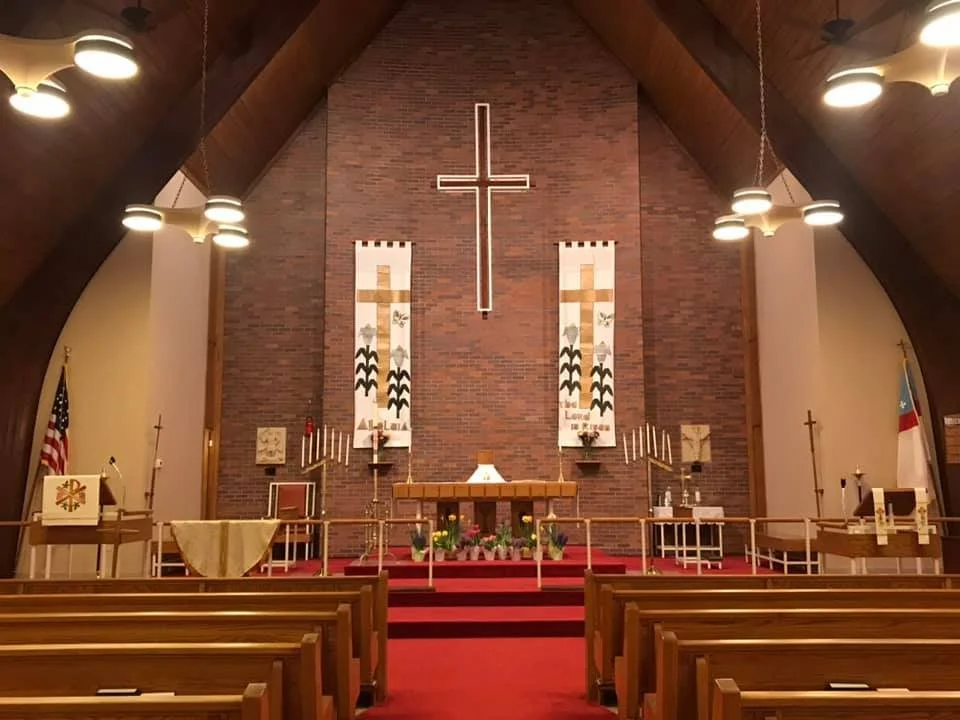
Sermons at St. Mike’s
Advent
The first season of the church year, beginning with the fourth Sunday before Christmas and continuing through the day before Christmas. The name is derived from a Latin word for “coming.” The season is a time of preparation and expectation for the coming celebration of our Lord’s nativity, and for the final coming of Christ “in power and glory.”
Calendar of the Church Year
Christmas
In the BCP, Christmas Day is one of seven principal feasts. The season lasts twelve days, from Christmas Day to Jan. 5. It includes Christmas Day, Holy Name, and often a Second Sunday after Christmas. Many parishes celebrate on Christmas Eve, with various BOS liturgical and seasonal resources.
Easter
Easter, the feast of Christ’s resurrection, is the church’s principal celebration, beginning with the Great Vigil on Easter Eve. Celebrated on the first Sunday after the full moon on or after the vernal equinox, it proclaims Jesus’ victory over death. The season, called the Great Fifty Days, continues through Pentecost.
Epiphany
Epiphany, Jan. 6, marks Christ’s manifestation to the world, celebrating events such as the Magi’s visit, his baptism, and the Wedding at Cana. Once linked to the winter solstice, it replaced pagan festivals. In the BCP, Jan. 6 honors the Magi, and the First Sunday after Epiphany celebrates Jesus’ baptism.
Pentecost
The Season after Pentecost begins the Monday after Pentecost and lasts through late autumn, including up to twenty-eight Sundays. It starts with Trinity Sunday. The BCP assigns numbered “propers” for each Sunday. Sometimes called “ordinary time,” this season is not tied to a specific festival but follows the church calend
Lent
Lent, from Old English for “spring,” is a forty-day season of penitence and fasting in preparation for Easter, beginning Ash Wednesday and ending Holy Saturday, excluding Sundays. Rooted in early Christian baptismal preparation and repentance, it invites all to prayer, fasting, self-denial, and meditating on God’s Word (BCP, p. 265).
Ordinary Time
Ordinary time refers to parts of the liturgical year outside major seasons, notably after Epiphany and after Pentecost. Though not named in the BCP, the season after Pentecost is often considered ordinary time, marked by green vestments. It focuses on living the Christian faith in daily life and Christ’s resurrection.
